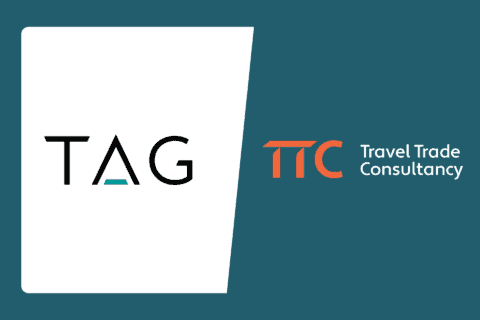Businesses need flexibility and to continually update financial modelling to cope with the current economic uncertainty, say financial advisors to the sector.
Travel Trade Consultancy head of financial consulting Adam Pennyfather told the recent Abta Travel Finance Conference in London:
“You need to review constantly what you thought would drive your business and how that feeds through into the numbers you see monthly.
“A lot of forecasts are anchored to 2019, but we’re just not there anymore. Consumers are different. Businesses are different. Lead times are different.
“Financial covenants [agreements in relation to loans] have become a lot more prominent.”
Pennyfather argued:
“You need a degree of flexibility and need to be updating your financial model as often as possible.”
David Pike, managing director of Interpath Advisory, agreed, saying travel businesses should focus on cash and on “what could go wrong” in their financial modelling.
Pike, administrator of failed regional carrier Flybe, advised: “Focus on cash and where it comes from and on what could go wrong. Know what to stress test.
“What are the KPIs [key performance indicators] that make a difference? The killer question is often ‘How does this flow into the assumptions that drive your forecast?’”
He added: “Know your business and your trading and fit the financial structure around that. Then give confidence in your financial management. If you think something isn’t right, grasp the nettle.”
Matt Quinlisk, divisional chief financial officer for DER Touristik Northern Europe, said: “There is a danger of over-complicating the model especially if you get corporate financial advisors in.”
He argued: “There are normally two to three key things to focus on. Then it’s a matter of constant adjustment and modelling, with different models from worst case to best case.”
Asked what common mistakes he sees businesses make, Quinlisk said: “People forget about debt and get caught out.”
Pennyfather added:
“Different stakeholders come at financial forecasts from different perspectives – the CAA from a risk perspective, an ambitious owner from a growth perspective. A business needs to be able to show its liquidity requirements will be met even if it meets stretch [growth] targets.”
Pike told the conference: “There was a lot good about the Flybe business, but it didn’t get going. There were a whole range of reasons the business found itself in difficulties.”
Read the full article on The Travel Weekly website.
Join our newsletter
If you enjoyed this post, why not sign up to our newsletter? Get our latest blog posts, industry updates and exclusive content.
Sign up


